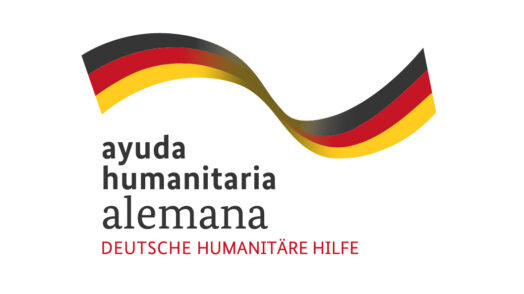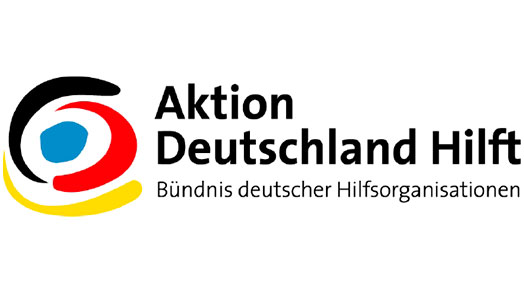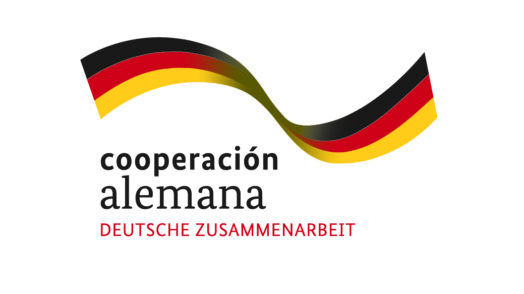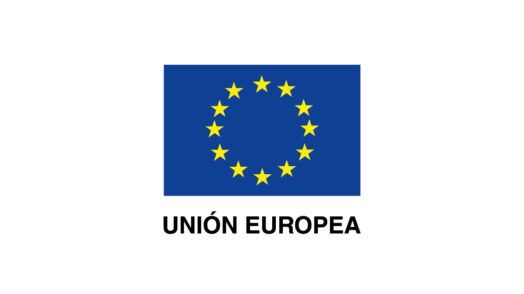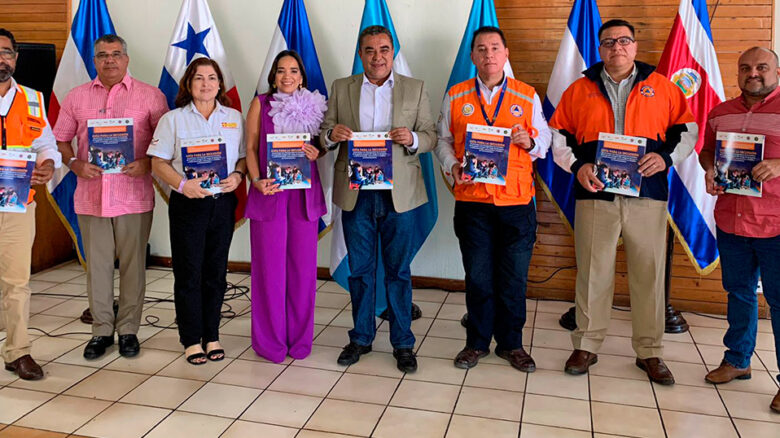
Inclusion processes and experiences
New Central American guide on inclusion of persons with disabilities in risk reduction was presented to ministers in Central American forum
The Regional Forum "Advances and Challenges in Inclusive Disaster Risk Reduction in Central America" aimed to establish a roadmap for the development of a regional strategy from the national risk management systems of the countries that make up CEPREDENAC, in accordance with the guidelines on inclusion present in the Sendai Framework for Disaster Risk Reduction 2015-2030 and the Central American Policy for Integral Disaster Risk Management (PCGIR)..
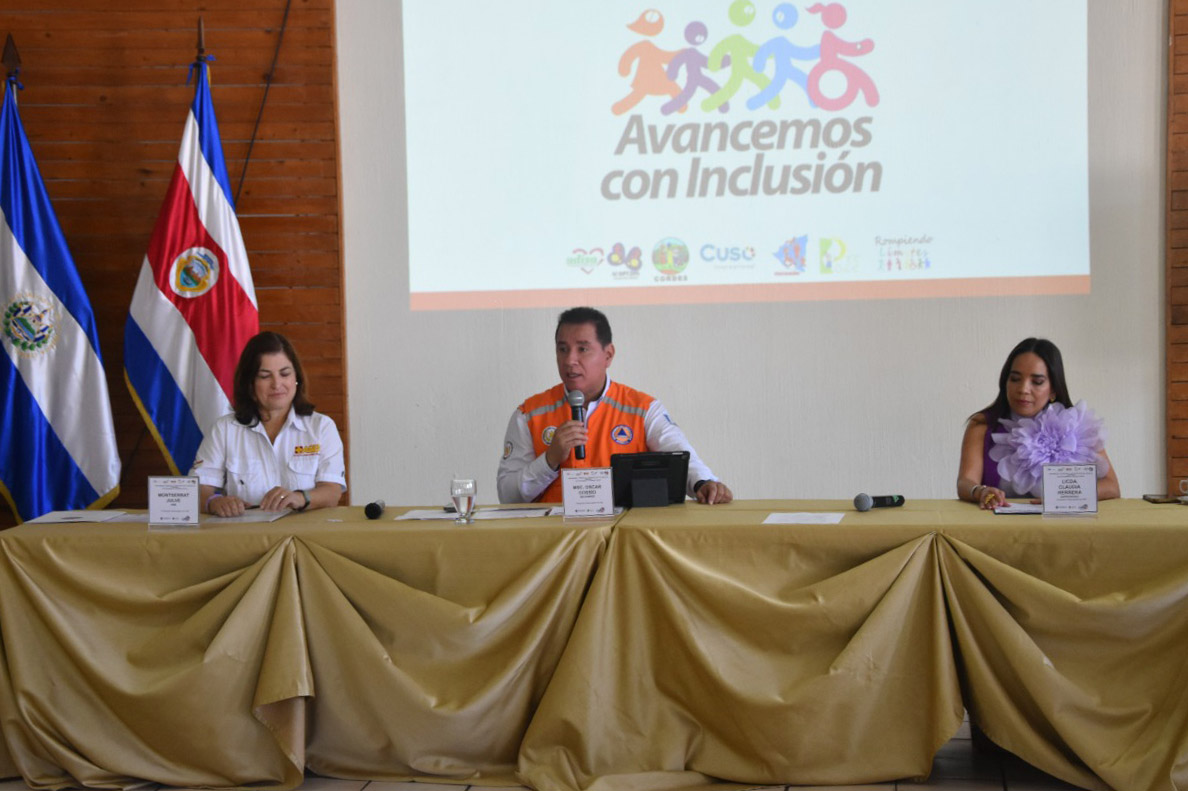 The event took place in the city of Panajachel (Sololá, Republic of Guatemala) on August 23 and 24 of this year. It was attended by 60 people, including a delegation of officials and key players in the region, such as: Ministers and representatives of national entities of integrated disaster risk management, members of the Executive Secretariat of CEPREDENAC (regional intergovernmental organization, belonging to the Central American Integration System, SICA), representatives of disability governing bodies at the national level of 4 countries in the region, a Chilean delegation of ONG Inclusiva and officials of 3 municipalities in Chile and representatives of the global program partners.
The event took place in the city of Panajachel (Sololá, Republic of Guatemala) on August 23 and 24 of this year. It was attended by 60 people, including a delegation of officials and key players in the region, such as: Ministers and representatives of national entities of integrated disaster risk management, members of the Executive Secretariat of CEPREDENAC (regional intergovernmental organization, belonging to the Central American Integration System, SICA), representatives of disability governing bodies at the national level of 4 countries in the region, a Chilean delegation of ONG Inclusiva and officials of 3 municipalities in Chile and representatives of the global program partners.
It is important to highlight that the experiences of Central America and Chile presented at the regional forum have motivated us to increase our knowledge and make use of materials and tools that promote the inclusion of persons with disabilities in this field, as well as to take decisive steps to move forward with inclusion in the challenges shared and debated at the forum.
The participants were given the "Guide for the inclusion of persons with disabilities in the field of integrated disaster risk management at the municipal, community and family level in Central America", which was developed through a participatory consultation process with representatives of government institutions responsible for risk management, municipalities and organizations of persons with disabilities and partners of the global program for the "Implementation of the integrated disaster risk management approach". This was developed through a participatory consultation process with representatives of government institutions responsible for risk management, representatives of municipalities and organizations of persons with disabilities and partners of the global program for the "Implementation of the inclusive approach of the Sendai Framework in Central America". The guide was developed and disseminated to serve as a reference for the construction of emergency preparedness and response plans at the family, community and municipal levels. This guide is based on the experiences and practices of the countries of the region and serves as a tool to increasingly include persons with disabilities in risk management processes at these three planning levels (family, community and municipal).
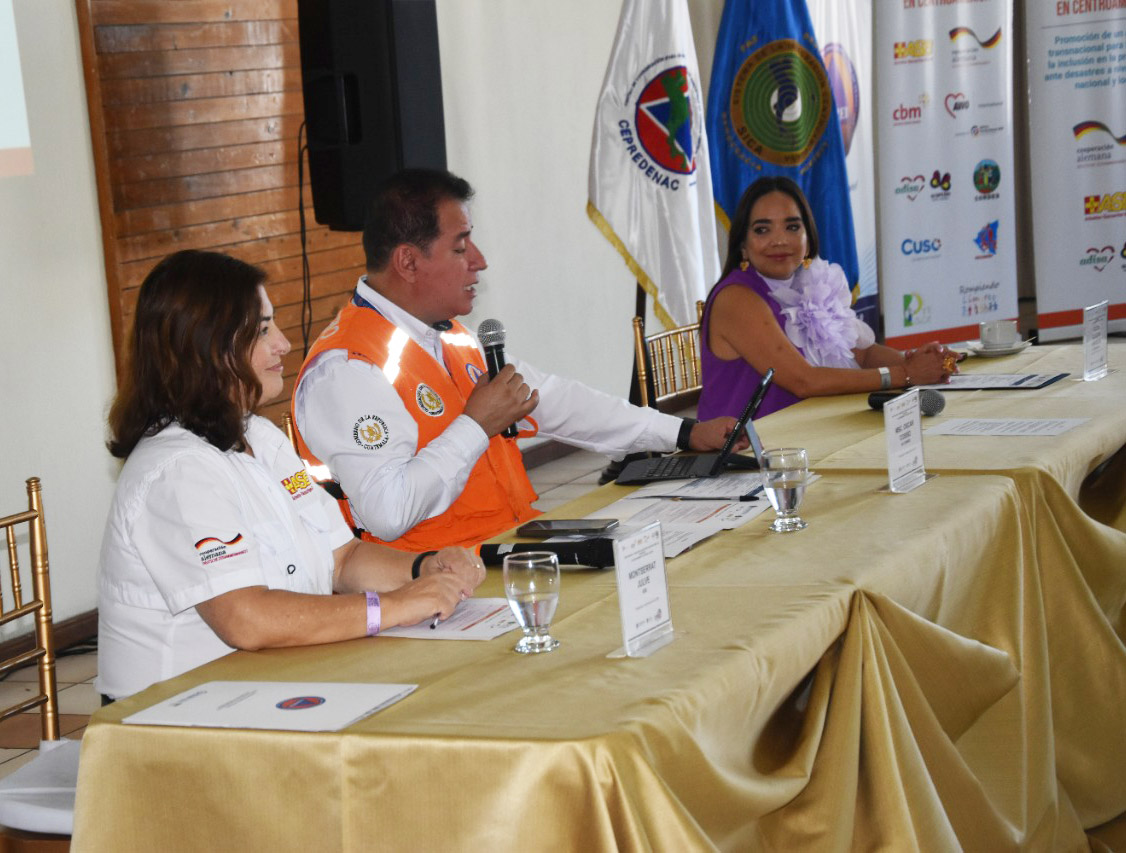 It is important to reiterate that a good strategy to include persons with disabilities and the elderly in integrated disaster risk reduction will contribute to mitigate the vulnerability of these groups in the CEPREDENAC countries (Central American region and the Dominican Republic).
It is important to reiterate that a good strategy to include persons with disabilities and the elderly in integrated disaster risk reduction will contribute to mitigate the vulnerability of these groups in the CEPREDENAC countries (Central American region and the Dominican Republic).
In addition to sharing the guide, other strategic documents and guidelines for the implementation of references to the inclusion of persons with disabilities in key documents related to risk reduction were disseminated at the forum. Experiences, lessons learned and inclusion processes at the individual, family, local, municipal, national or regional level were also discussed. The organization and execution of this regional forum and the methodological development was the responsibility of AWO International and its partner organization in Guatemala, ACOPEDIS/ADISA, in coordination with ASB, CBM and SE-CEPREDENAC. The co-organization of the event with SE-CEPREDENAC opens doors for the inclusion of persons with disabilities to be increasingly taken into account by national and municipal governments in the region.

